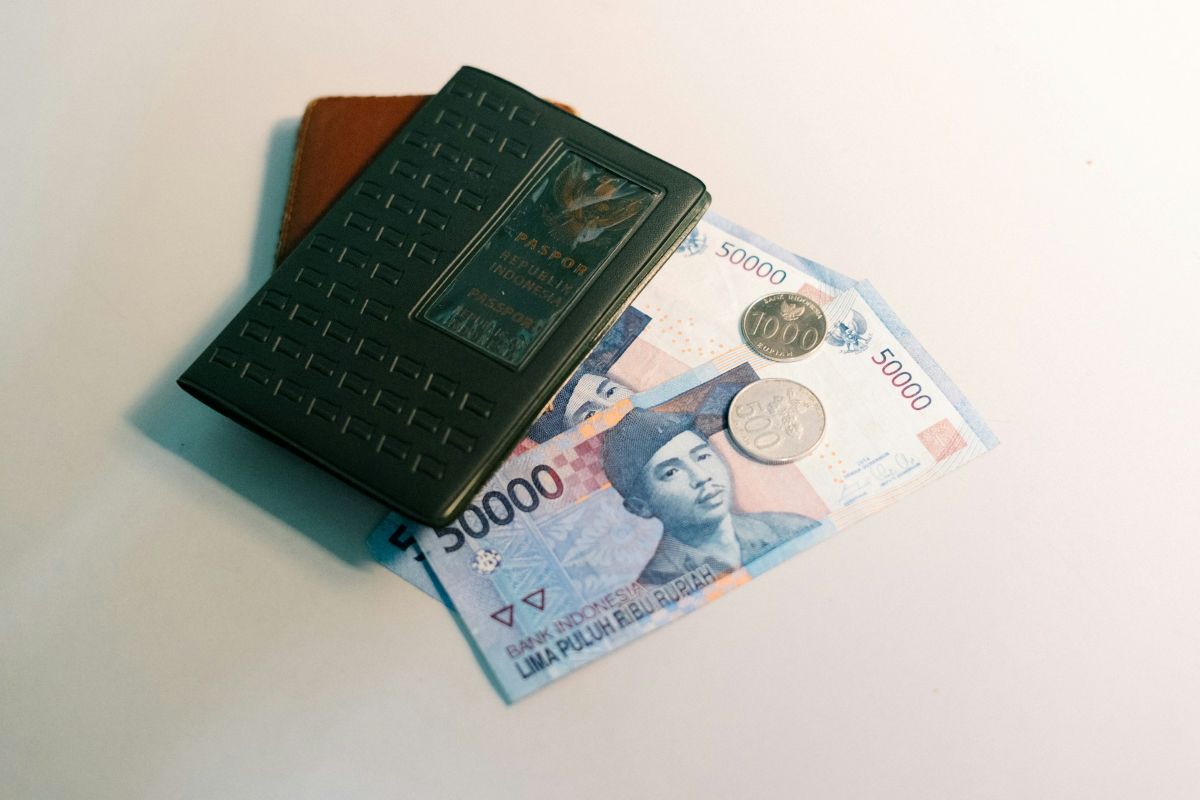Table of Contents
ToggleFiji, a tropical archipelago in the South Pacific, has a rapidly evolving energy sector that reflects the country’s commitment to sustainability, economic development, and energy security. With ambitious goals and strategic initiatives, the energy landscape in Fiji presents compelling opportunities for investment and innovation.
Current Energy Landscape
Energy Sources
Fiji’s energy mix is diverse, though it is still transitioning away from a reliance on imported fossil fuels. The primary sources of energy include:
- Hydropower: A major contributor to Fiji’s renewable energy capacity, hydropower accounts for approximately 50% of the country’s electricity generation.
- Fossil Fuels: Diesel and other petroleum products remain significant, particularly for transportation and electricity generation in remote areas.
- Solar Energy: Fiji’s abundant sunshine supports its growing solar power initiatives, particularly in rural and off-grid communities.
- Biomass: Utilised for energy generation, particularly in agricultural industries.
Energy Consumption
The energy demand in Fiji is steadily increasing, driven by population growth, economic development, and a push toward industrialisation. Urban centres such as Suva and Nadi account for the majority of energy consumption, while rural areas often depend on decentralised and off-grid solutions.
Government Goals and Policies
Commitment to Renewable Energy
The Fijian government has set a bold target to achieve 100% renewable energy by 2036, as outlined in the National Energy Policy (NEP). This commitment aligns with Fiji’s broader environmental goals, including its leadership in global climate change initiatives.
Energy Efficiency Initiatives
To reduce energy waste and enhance sustainability, Fiji has introduced measures such as:
- Energy-efficient building codes.
- Subsidies for solar home systems.
- Promotion of energy-saving technologies in both residential and commercial sectors.
Policy and Regulation
Key regulatory frameworks guiding Fiji’s energy sector include:
- Fiji’s Electricity Act: Oversees electricity generation, distribution, and pricing.
- National Energy Policy: Focuses on energy access, renewable integration, and energy security.
- Public-Private Partnerships (PPPs): Encourage collaboration in energy infrastructure projects, particularly in renewable energy.
Investment Opportunities
Renewable Energy Projects
Fiji’s focus on clean energy opens doors for investments in:
- Hydropower Expansion: Enhancing existing facilities and developing new sites.
- Solar Farms: Large-scale solar installations to power urban and rural areas.
- Wind Energy: Exploiting coastal and offshore wind potential.
- Tidal Energy: Emerging technologies leveraging Fiji’s vast marine resources.
Rural Electrification
Fiji aims to provide universal electricity access through the Fiji Rural Electrification Fund. This goal requires significant investment in:
- Decentralised solar and mini-grid systems.
- Micro-hydropower projects for remote communities.
- Energy storage solutions to enhance reliability.
Energy Storage and Grid Modernisation
With the integration of renewables, there is a growing need for:
- Advanced battery storage systems.
- Smart grid technologies to improve energy distribution and efficiency.
- Infrastructure to support electric vehicles (EVs).
Challenges and Solutions
Infrastructure Limitations
Remote islands and rugged terrain pose challenges to energy infrastructure development. Solutions include investing in off-grid technologies and leveraging renewable resources tailored to local conditions.
Fossil Fuel Dependence
While Fiji aims to phase out fossil fuels, diesel generators still play a significant role in energy production. Transitional strategies such as hybrid systems (e.g., solar-diesel) can ensure reliability while reducing emissions.
Climate Vulnerability
Fiji’s susceptibility to tropical cyclones and rising sea levels necessitates resilient energy infrastructure. Investments in durable, climate-adaptive technologies are critical.
Success Stories and Progress
Solar Energy Expansion
Programs like the Fiji Rural Electrification Fund have brought solar power to hundreds of rural communities, improving quality of life and reducing reliance on diesel.
Hydropower Projects
Facilities such as the Monasavu Hydro Scheme have been pivotal in reducing Fiji’s carbon footprint while meeting growing energy demands.
International Partnerships
Fiji’s collaboration with organisations like the Asian Development Bank (ADB) and the Green Climate Fund (GCF) has accelerated renewable energy projects and capacity building.
The Road Ahead
Fiji’s energy sector is poised for transformative growth, driven by its renewable energy ambitions, government policies, and international support. With abundant natural resources and a proactive approach to sustainability, Fiji offers a compelling case for investment in clean energy.
Partner With Us for Success in Fiji’s Energy Sector
Interested in expanding to Fiji? As one of the first Employer of Record services in the country, we will streamline your expansion and focus on driving your business forward. Book a free consultation today.
Image by HeikoBrown from Pixabay







